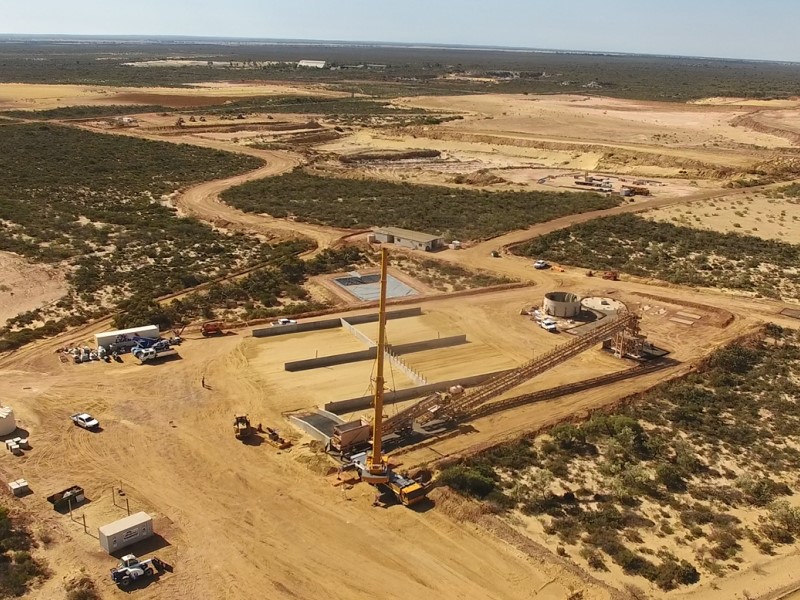Australia will get its first fully integrated rare earths refinery after the federal government responded to a call for investment from Iluka Resources and agreed to loan it $475 million.
On Friday, Prime Minister Anthony Albanese announced the Critical Minerals Facility (CMF) commitment to the mining company, which revised the estimated cost of its Eneabba Refinery Project up by more than $500 million in December 2023.
The funding is on top of the $1.25 billion already committed to Iluka’s Eneabba Refinery Project under the Export Finance Australia administered facility just before the Albanese government came to power.
An extra $21 million in grants was also awarded on Friday under the International Partnerships in Critical Minerals program. The funding supports projects across Queensland, South Australia and Western Australia that involve industry partners based overseas.

The Eneabba refinery will separate light and heavy rare earth oxides at the facility, and is expected to be commissioned in 2027.
The neodymium, praseodymium, dysprosium and terbium produced at the facility are key inputs for magnets used in electric vehicles, wind turbines and other renewable energy technologies, according to the company’s website.
Iluka’s board approved the development of the Eneabba rare earths refinery in April 2022, when the cost was estimated to be up to $1.2 billion.
In the final weeks of the former Coalition government, Iluka received a $1.25 billion loan commitment through the CMF.
However, front-end engineering and design work completed in December 2023 found that expected capital costs for the project had increased to between $1.7 billion to $1.8 billion.
The additional $475 million CMF loan announced on Friday is on consistent terms as the original loan. It will be split into a $400 million non-recourse loan and the contribution of $75 million to a cost overrun facility matched by Iluka.
Iluka managing director Tom O’Leary said there is “an appropriate sharing of risk and the alignment of commercial and policy objectives” between the company and the federal government.
“I thank the Australian government for its continued support for what is a globally important critical minerals development and look forward to formalising our agreement through detailed documentation,” Mr O’Leary said.
Resources minister Madeleine King also announced $21 million in grants on Friday for five projects supported by industry partners from the United States, Japan, South Korea and Canada.
Three of the five grants — Vecco Group ($3.8 million), GraphineX ($3 million) and Critical Minerals Group ($2.7 million) — were for the processing of materials for use in the production of batteries in Queensland.
Meanwhile the largest grant ($7.4 million) went to Tivan Limited to support its Speewah Fluorite Project in Western Australia’s Kimberly region. Acid-grade fluorite is used in semiconductor manufacturing and lithium-ion electric vehicle batteries.
A further $5 million went to Australian Rare Earths to construct a demonstration plant for extortion of rare earth elements from ionic clay in South Australia’s Limestone Coast region.
Do you know more? Contact James Riley via Email.

